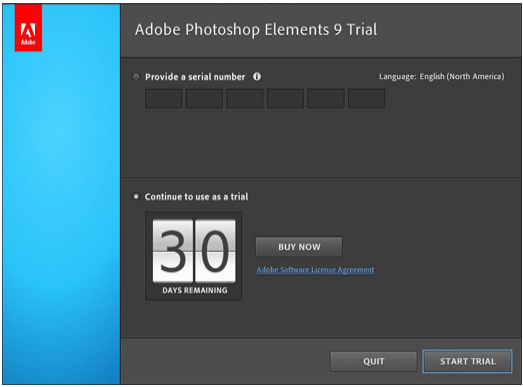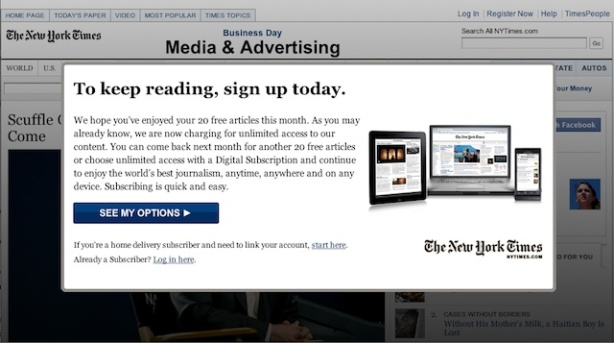
Are you willing to pay?
Many of us grew up with digital gadgets and abundant sources of information. To be a little crude, aren’t we digital spoilt brats? Should we put an end to this ‘free for all’ culture? Online pay-walls has been on the rise lately, with prices tagged on scientific research papers, music and etc. Creators wants their creation to be protected and valued. Mark Helprin, the writer of “A Great Idea Lives Forever.
Continue reading →








